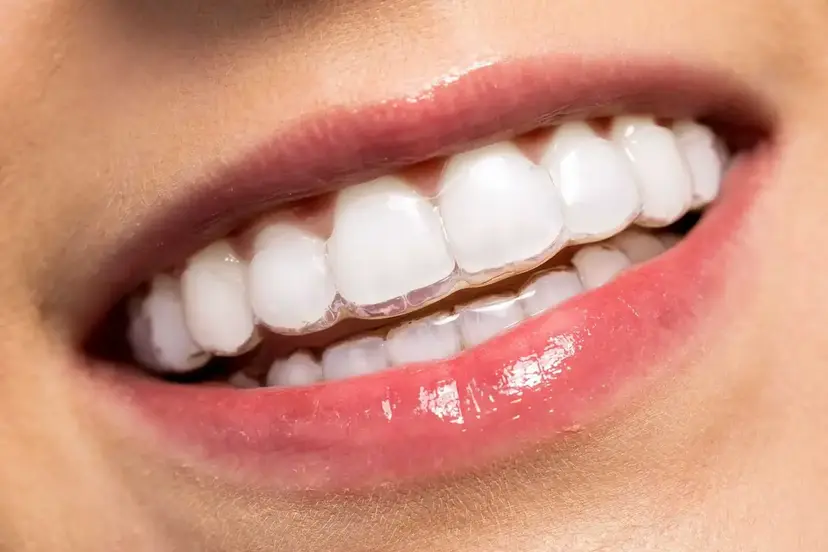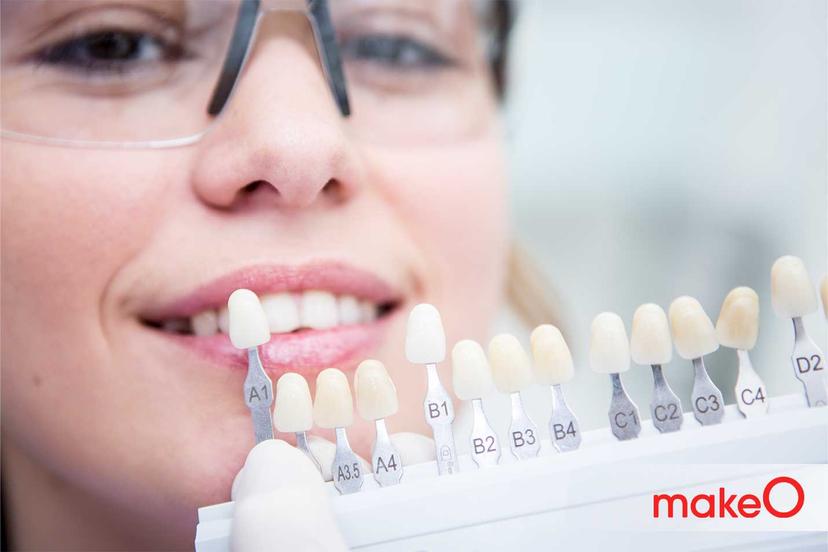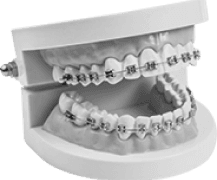MakeO blog
Mouth sores, those pesky little nuisances, can be a real pain in the mouth! They can make eating, drinking, and even talking a challenge. But what exactly are they, and what are the causes of ulcers? These are questions that many of us have asked ourselves at one point or another.
What are Mouth Sores?
Mouth sores, also known as mouth ulcers, are painful lesions that can appear on the lips, tongue, inside of the cheeks, and at the base of the gums. They can be red or white, and they often make simple tasks like eating and speaking uncomfortable.
They're not just a minor inconvenience, though. These sores or ulcers can also be a telling sign of an underlying health issue, which is why it's important to understand them.
In this comprehensive guide, we'll delve into the world of mouth sores, exploring their types, symptoms, causes, and treatments. So, let's dive in and unravel the mystery of mouth ulcers.
Types of Mouth Sores
There are several types of mouth sores, including:
1. Canker sores
Small, shallow lesions develop on the soft tissues in your mouth or at the base of your gums.
2. Cold sores
Also called fever blisters, these are groups of painful, fluid-filled blisters.
3. Oral thrush
This is a yeast infection in the mouth, resulting in white patches on the tongue and inside the cheeks.
Symptoms of Mouth Sores
Mouth ulcers can come with a variety of symptoms, including:
- Burning sensation in the mouth
- Swelling around the sores
- Difficulty swallowing
- Irritation while having spicy or salty food
- Loss of appetite
- Blood blisters in the mouth
Causes of Mouth Ulcers
Mouth ulcers can be caused by a variety of factors, each with its own unique triggers and characteristics. Here are some of the main causes of mouth ulcers:
1. Stress or tissue injury
Emotional stress or physical injury in the mouth, such as biting your cheek, can lead to mouth sores. These sores are usually temporary and heal on their own.
2. Certain foods
Consuming acidic or spicy foods can irritate the lining of the mouth and lead to sores. Citrus fruits, tomatoes, and spicy dishes are common culprits. Additionally, eating hot food can also bring up sores.
3. Lack of certain vitamins or iron
Deficiencies in vitamins like B-12, zinc, folate, or iron can lead to mouth sores. These vitamins are essential for maintaining the health of your mouth's mucous membranes.
4. Allergies
Some people who are affected by seasonal allergies will notice their gums swell up and their mouths lined with sores because these people are vulnerable to viruses.
5. Hormonal changes during menstruation
Some women may develop mouth sores during their menstrual cycle due to hormonal fluctuations. These sores usually disappear once the hormonal levels stabilise.
6. Mouth Cancer
Sometimes if your mouth sores don’t heal in a few weeks, it is known to be a sign of mouth cancer.
Understanding these mouth sore causes can help you identify potential triggers and take steps to prevent ulcers in your mouth.
Mouth Ulcer Treatment: How are Mouth Sores Treated?
Treatment for mouth sores often involves symptom relief. Over-the-counter topical creams and ointments can help. Rinsing with a mouthwash designed for mouth sores can also provide relief. For severe or persistent mouth sores, a dentist or doctor may prescribe stronger treatments.
Regular use of makeO toothsi oral care products can also help maintain oral hygiene and prevent the occurrence of mouth sores. Our electric toothbrush, toothsi electro and water flosser, and toothsi smartwater flosser, are two significant additions you can make to your oral care routine to ensure optimum health and a dazzling smile.
Mouth sores can be a real nuisance, but understanding their causes and knowing how to treat them can make a world of difference. Regular oral care, including the use of makeO toothsi products, can help keep your mouth healthy and prevent these bothersome sores.
FAQs
What causes mouth ulcers?
Mouth ulcers can be caused by a variety of factors, including stress, injury to the mouth, certain foods, or hormonal changes.
How can I prevent mouth sores?
Regular oral hygiene, including brushing and flossing daily and using makeO toothsi oral care products, avoiding acidic or hot foods, and being careful while chewing hard food items can help prevent mouth sores.
What is the treatment for mouth ulcers?
Over-the-counter treatments can provide relief. For severe or persistent mouth ulcers, consult a healthcare professional.
Are blood blisters in the mouth a type of mouth ulcer?
Blood blisters can occur in the mouth due to injury or oral trauma, and while they are not a type of mouth ulcer, they are extremely painful to have.
related categories
Related articles

Types of Braces: Removable vs Fixed Braces, Which is Right For You?

This Diwali, Smile Bright With makeO Teeth Whitening Kit

Dr. Pravin Shetty: Pioneer in Lingual Orthodontics & Innovative Smile Solutions
How do I Know I’m the Right Candidate for makeO toothsi Teeth Aligners?

